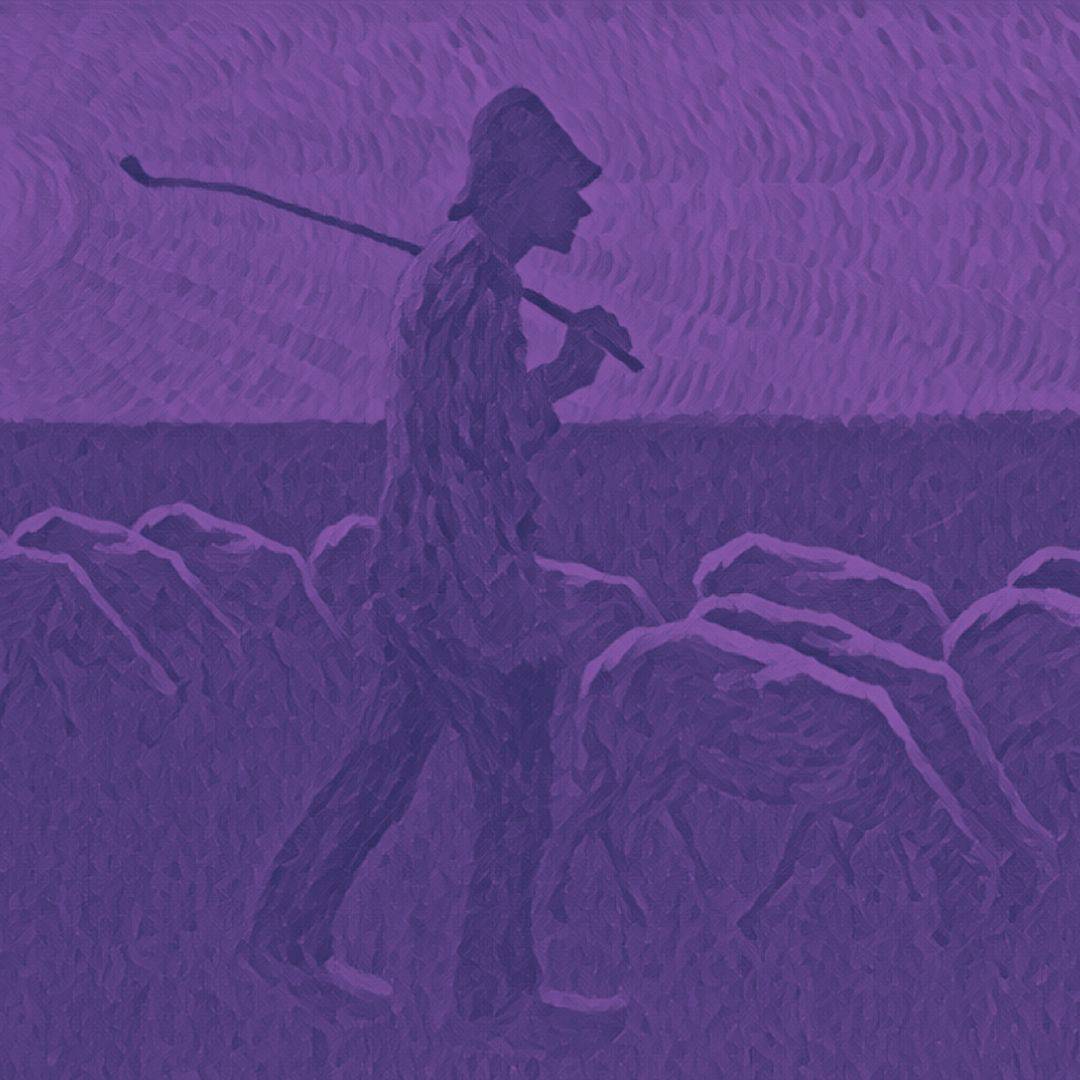 This excerpt is reprinted with permission from The First Advent in Palestine: Reversals, Resistance, and the Ongoing Complexity of Hope by Kelley Nikondeha copyright (Broadleaf Books, 2022).
This excerpt is reprinted with permission from The First Advent in Palestine: Reversals, Resistance, and the Ongoing Complexity of Hope by Kelley Nikondeha copyright (Broadleaf Books, 2022).
The story of the first Advent, according to Luke’s telling, is the story of God pushing boundaries of respectability in pursuit of another kind of peace. An ordinary priest crushed by imperial economics receives an angelic visit amid his service in the temple. A pious, barren woman of later years is with child. A young girl from Galilee, possibly abused and from a region where many women and girls faced bodily trauma, is told by a divine messenger that something is about to change.
The Spirit is moving farther and farther from the centers of power and propriety toward those most victimized by the empire. And then God reaches deep into the social fray, stretching all the way to a band of shepherds. The whole of society is embraced by Emmanuel—God with all of us, right down to the lowliest shepherd!
Cultural connotations of shepherds at this time and place would have ranged from uncouth to dangerous, from commonplace to undesirable.
Elites would have included them in the ranks of the nearly invisible. Shepherds reeked of sheep or goats, of manure and their own sweat. And not in anyone’s wildest messianic imaginings would they be expected at the birth of a divine dignitary. Angels maybe, shepherds never. Shepherds were likely kept at arm’s length by those of higher status, not accepted except as an economic necessity.
Shepherding was often the work of sons tending their father’s flock. Grown men who watched over the family’s animals or were hired to manage another man’s livestock were low-wage earners and not given much social consideration. To be a shepherd was to do a child’s chore your entire life. It was not a path that earned respect; that was reserved for the owners of the herd. The better shepherds knew their sheep and could tell when they were hungry or tired, agitated or sick. The sheep recognized the voice of their shepherd and responded to it.
The good shepherds became virtually one with the sheep as they traversed the land together, subjected to the same elements—be it mud or rain or extreme heat. In a fold the shepherd almost blended in with the sheep, hardly noticeable and commanding little regard from anyone other than the loyal animals dependent on them. Shepherding was full of long stretches of tedium and empty time to let one’s mind wander with the sheep, to look at the skies, to read the signs of weather, of danger, of the lands that offered grazing to support the flocks.
Shepherds might have been the most emblematic group of Bethlehem. They pointed to the economic realities of the first Advent, when the meat industry drove the local economy.
They were the “essential workers” of that place and time. Everyday shepherds, though, for all their lowliness, also provoked some of the Judeans’ deepest memories, back to the time when Israel was a vibrant kingdom under the rule of one of their own.
David was the favorite son of Bethlehem, the shepherd boy whom the prophet Samuel recruited from tending his father’s sheep in the hills to be anointed as king. His was a rags-to-royalty story shepherds no doubt knew well. It was also the shepherd-king David who composed Psalm 23, singing of green pastures and still waters he likely knew from the gentle slopes of Bethlehem. The contentment of his own flock, well-tended amid the uneven terrain, became an image for human contentment too.
In the system of empires which operate in polarity, shepherds and their kin often lived on the outskirts, thought of as possible troublemakers who didn’t quite fit within the system that declared binaries: You were either a citizen of Rome or a supplicant.
Either loyal to Caesar or an insurrectionist. Rich or poor. Seen or not seen. In this mentality, shepherds were easily considered enemies of the state or perceived as suspect.
Interesting that in this narrative about how, where, and to whom God arrives, the shepherd is included. It is worth asking what their presence in the first Advent says about God and the peace soon to be announced in Bethlehem. Maybe it points to the extremities of the economy, where people seldom look.
The shepherds of the first Advent might be akin to migrant farm workers of today, those laboring in fields all around us—nearly unseen and certainly under-appreciated, yet absolutely essential to the economy.
Invisible, they are the ones most susceptible to deep exploitation by the systems they serve, which don’t protect them in turn. But they make an appearance in the first Advent—and in every manger scene since—visible and central in God’s vision of peace.
 Kelley Nikondeha is a writer, liberation theologian, and community development practitioner. She combines biblical texts and various cultural contexts to discover insights for embodied justice, community engagement, and living faith. She is the author of The First Advent in Palestine: Reversals, Resistance, and the Ongoing Complexity of Hope, Defiant: What the Women of Exodus Teach Us About Freedom, and Adopted: The Sacrament of Belonging in a Fractured World, and is known for highlighting Palestinian voices and rights. She travels between the southwest US and Burundi in East Africa.
Kelley Nikondeha is a writer, liberation theologian, and community development practitioner. She combines biblical texts and various cultural contexts to discover insights for embodied justice, community engagement, and living faith. She is the author of The First Advent in Palestine: Reversals, Resistance, and the Ongoing Complexity of Hope, Defiant: What the Women of Exodus Teach Us About Freedom, and Adopted: The Sacrament of Belonging in a Fractured World, and is known for highlighting Palestinian voices and rights. She travels between the southwest US and Burundi in East Africa.


